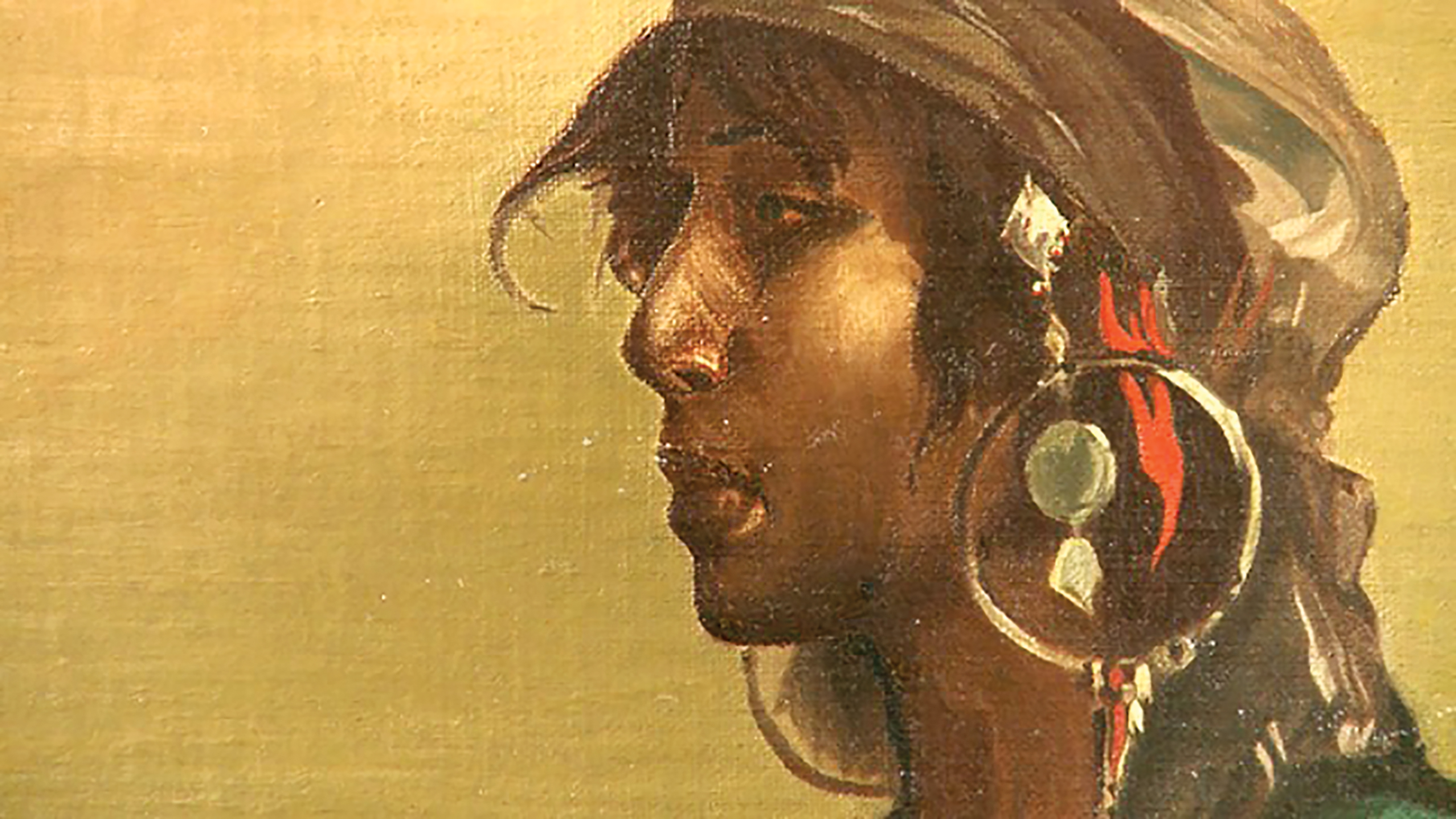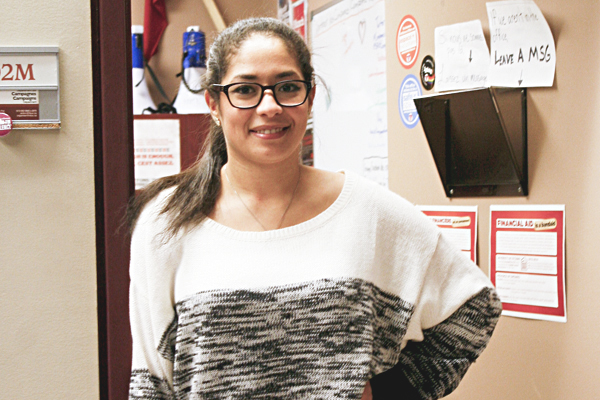Dina Salha reconnects with her past through production of Lady in the Garden
Ottawa’s rich artistic community gained a brand new attraction on Friday, March 17, with the first ever Eve Film Festival at the Arts Court Theatre.
What set this two-day event apart from other Ottawa-based film festivals is that all of the featured entries were directed by women, in an effort to offer exposure to rising female talent.
“We all have biases against certain representations for some reason,” explained Allison Smith, one of the event organizers. “(With this event), we’re trying to fight against that.”
Amongst these female directors stands the University of Ottawa’s very own Dina Salha, a Lebanese-Canadian professor who teaches communications and media studies.
Her first ever film Lady in the Garden aired on Saturday, alongside three other features: Fantassut / Rain on the Borders by Frederica Fogalia, The Body I live in by Sam Davis-Boyd, and Muneeza in the Middle by Hoda Elatawi.
Lady in the Garden follows Salha’s own adventures as she pieces together the history of her great aunt, Wadad Rawda El-Balah, an extremely talented but reclusive painter whom Salha was separated from in 1976.
At age 16, Salha fled the Lebanese Civil War while El-Balah remained in the country, however she was removed from her land when her brother sold it to invest in a project, and lost much of her art.
As such, the documentary largely covers Salha’s efforts to reclaim her great aunt’s paintings and lost memories from that violent time in Lebanon’s history.
Salha tells the Fulcrum that “the start of the documentary is a letter to Wadad,” a tribute to the profound effect that she’s had on her life. Her active role as a mentor involved telling Salha stories, teaching her how to draw, and taking her for frequent walks in her beautiful garden, all of which touched Salha deeply.
Throughout the course of the film, Salha makes several discoveries courtesy of her Lebanese relatives, including some of her great aunt’s paintings which she managed to restore to their former glory.
This process was vital to the film as it opened up Salha’s memories and dreams, ultimately allowing her to connect with her great aunt.
“I’m walking in a dark alley and she’s trying to tell me something. I’m looking at her mumbling, but I can’t understand. It would be nightmares for some, but to me it was like she was contacting me from the after world.”
This kind of sentiment was depicted on film in an especially moving moment when the man who buried El-Balah after she passed away offers to show Salha and her family the grave in her old garden.
“We found some bones, but we weren’t sure if they were human—no body— but as I said in the film, the garden was her refuge. She didn’t want to leave,” Salha explained, confident that her great aunt was buried in the place she had always loved.
For Salha, this project also encompassed feminism to a fault by identifying the works of El-Bahal without diminishing their quality based on her gender.
“We exhumed her from the ground up. We allowed her to be recognized as a person, and not someone in the margins,” said Salha.
For more information about the Eve Film Festival, you can visit their official website at www.evefilmfestival.ca.





